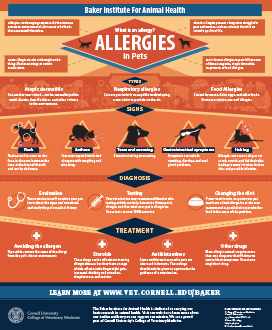Whether your pets hang out at day care or boarding facilities, they require to be updated on all of their called for inoculations. Core injections include Bordetella, rabies and DA2PP, which guard against usual illness that canines are revealed to when in close contact with others.
Non-core vaccinations consist of canine influenza and leptospirosis shots. These are advised for puppies that join other dogs regularly.
Core Injections
As a crucial part of preventative care, pet injections help maintain dogs secure from contagious conditions transferred via direct call or polluted surfaces. Injections stimulate the body immune system to create antibodies that deal with disease, and the majority of vets think about core dog vaccinations to be important for all pet dogs.
Rabies
Many reputable pet dog daycare centers require that your family pet depend on date on their rabies inoculation. Vaccinations are provided to puppies as early as 12-16 weeks old, and boosters are required every three years approximately until their adult years. Rabies is a fatal viral illness that spreads out with saliva, commonly from bites. A lot of states require rabies vaccinations for all pet dogs and cats, and some also mandate rabies boosters for pet dog owners.
Distemper/Parvovirus/Adenovirus (DHPP).
This mix vaccine covers canine distemper, parvovirus, liver disease, and adenovirus, every one of which are highly infectious. Most veterinary workplaces offer DHPP injections as one shot boarding kennels for dogs or in a collection of two to four shots, offered 2-4 weeks apart, followed by an annual booster. This injection is a requirement for many boarding and dog childcare facilities, in addition to several groomers.
Bordetella/Canine Parainfluenza Vaccine.
Bordetella bronchiseptica, frequently known as kennel cough, is an extremely transmittable respiratory infection triggered by the microorganisms that causes the illness. Signs and symptoms include consistent coughing, sneezing, nasal discharge, and high temperature. Most kennel cough break outs take place in jampacked environments, such as day care or boarding centers, and are specifically common in warmer weather condition. This vaccination is a need for most day care and boarding centers, and is often offered in a combination with the DHPP injection.
Leptospirosis Vaccination.
This is a bacterial disease that spreads with infected water, soil, and urine. Infection can trigger kidney and liver damages, along with fatality, and is transmissible to humans. Many vets will suggest this vaccination, based upon geographic location and way of life of the pet, for pet dogs that hang around outdoors or at boarding centers, as well as some groomers. This vaccine is typically provided as a collection of 2 to 4 shots, spaced 2-4 weeks apart, with a yearly booster needed for most pets.
Lyme Illness Injection.
One of the most typical tick-borne condition in the USA, Lyme condition is transmitted by the deer tick and can result in fever, joint pain, muscle mass discomfort, and anorexia nervosa. The Lyme condition vaccination shields against the most prevalent strains of the virus, including the H3N8 and H3N2 strains. Many veterinary centers suggest this injection, especially in risky locations, such as the Northeast, top Midwest, Mid-Atlantic, and along the Pacific coastline.
Noncore Vaccines.
Various other pet dog vaccinations, while not needed for all family pets, are advised based upon the pet's way of living and geographical area. These consist of the following:.
